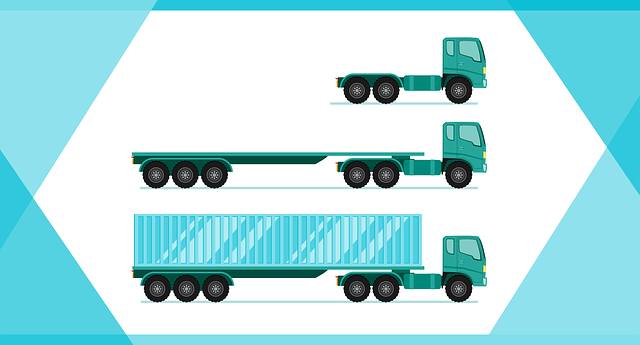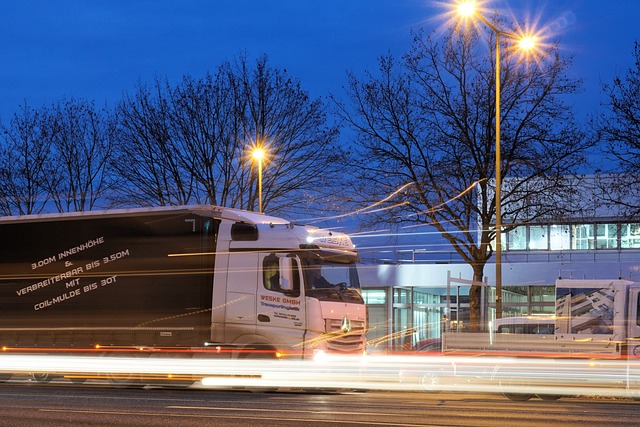SR22 compliance is crucial for truck operators, ensuring financial responsibility and adherence to FMCSA regulations through insurance mandates. For trucking businesses, this means securing adequate liability coverage to protect against accidents, damage, and legal expenses. Achieving affordable SR22 rates involves strategic planning: comparing quotes from specialized insurers, maintaining a clean driving record, adhering to safety standards, and prioritizing vehicle maintenance. The process begins with identifying reputable providers, comparing tailored quotes, gathering documents, and clear communication for a seamless application.
Staying compliant with SR22 requirements is non-negotiable for trucking businesses, ensuring operations run smoothly and safely. This comprehensive guide breaks down the essentials of SR22 coverage for trucking, highlighting its critical role in risk management. We explore how insurance plays a pivotal role in safeguarding against financial losses and legal issues. Subsequently, we unlock affordable coverage options, providing strategies and tips to navigate the process efficiently.
Understanding SR22 Compliance for Trucking: A Comprehensive Overview

Understanding SR22 compliance for trucking is crucial for operators aiming to navigate the regulatory landscape effectively. This insurance requirement, mandated by the Federal Motor Carrier Safety Administration (FMCSA), ensures that truckers possess financial responsibility to cover potential damages or losses arising from accidents they cause. Specifically, an SR22 form demonstrates proof of this liability coverage to the FMCSA and state authorities.
For trucking businesses, adhering to SR22 compliance is not just a legal obligation but also a strategic move to maintain operations seamlessly. It involves securing adequate insurance policies that meet the specified minimum limits, typically $750,000 for bodily injury and $2 million for combined single limit. Compliance ensures that truckers are protected against financial ruin in case of accidents, fostering trust among stakeholders including customers, carriers, and regulators.
The Role of Insurance in Ensuring Safe Operations

Insurance plays a pivotal role in securing safe operations for trucking businesses, especially regarding SR22 compliance. An SR22 bond is a legal requirement for commercial truck operators to demonstrate financial responsibility and ensure they adhere to safety standards. It protects both the carrier and third parties involved in case of accidents or damage during transportation.
By obtaining suitable insurance coverage, trucking companies can mitigate risks associated with operations. This includes liability for property damage, injuries sustained by others, and legal expenses arising from incidents on the road. Well-planned insurance strategies enable businesses to maintain their SR22 compliance status, avoiding potential penalties and ensuring smooth licensing processes.
Unlocking Affordable Coverage Options: Strategies and Tips

Unlocking Affordable Coverage Options: Strategies and Tips
When it comes to SR22 compliance for trucking, securing affordable coverage can be a challenge. However, with strategic planning and a few insider tips, you can navigate this process effectively. One key strategy is to compare quotes from multiple insurers. The SR22 market is competitive, and prices can vary significantly between providers. Utilizing online comparison tools or consulting with insurance brokers who specialize in trucking can help you identify the best rates tailored to your needs.
Additionally, maintaining a clean driving record and adhering to safety regulations can substantially lower your premiums. Insurers often offer discounts for drivers without accidents or violations. Regular maintenance of your vehicle and adherence to weight restrictions also contribute to safer operations, making you a less risky proposition for insurers. These strategies not only help in affording SR22 coverage but also enhance overall trucking compliance and safety.
Navigating the Process: Steps to Secure SR22 Insurance Efficiently

Navigating the process of securing SR22 coverage for SR22 compliance trucking can seem daunting, but with a structured approach, it becomes manageable. First, assess your specific needs and identify reputable insurance providers specializing in commercial truck insurance. Many insurers offer tailored packages catering to SR22 requirements. Compare quotes from multiple carriers, focusing on the scope of coverage, deductibles, and policy exclusions.
Once you’ve selected an insurer, streamline the application process by gathering essential documents, including your driver’s license, vehicle registration, proof of employment, and any previous insurance policies. Ensure all information is accurate and up-to-date to avoid delays. Efficient communication with your chosen insurer can help clarify any uncertainties and ensure a smooth transition to SR22 compliance for your trucking operations.
Securing affordable SR22 coverage is not only a requirement for trucking operations but also a strategic move to protect businesses and drivers. By understanding SR22 compliance, leveraging insurance’s role in safety, and employing efficient strategies, trucking companies can navigate the process successfully. This comprehensive guide equips readers with the knowledge to unlock affordable options, ensuring they meet licensing requirements while keeping costs manageable. Remember that staying compliant is key to a safe and prosperous trucking business, and with the right approach, achieving SR22 compliance can be less daunting than expected.
